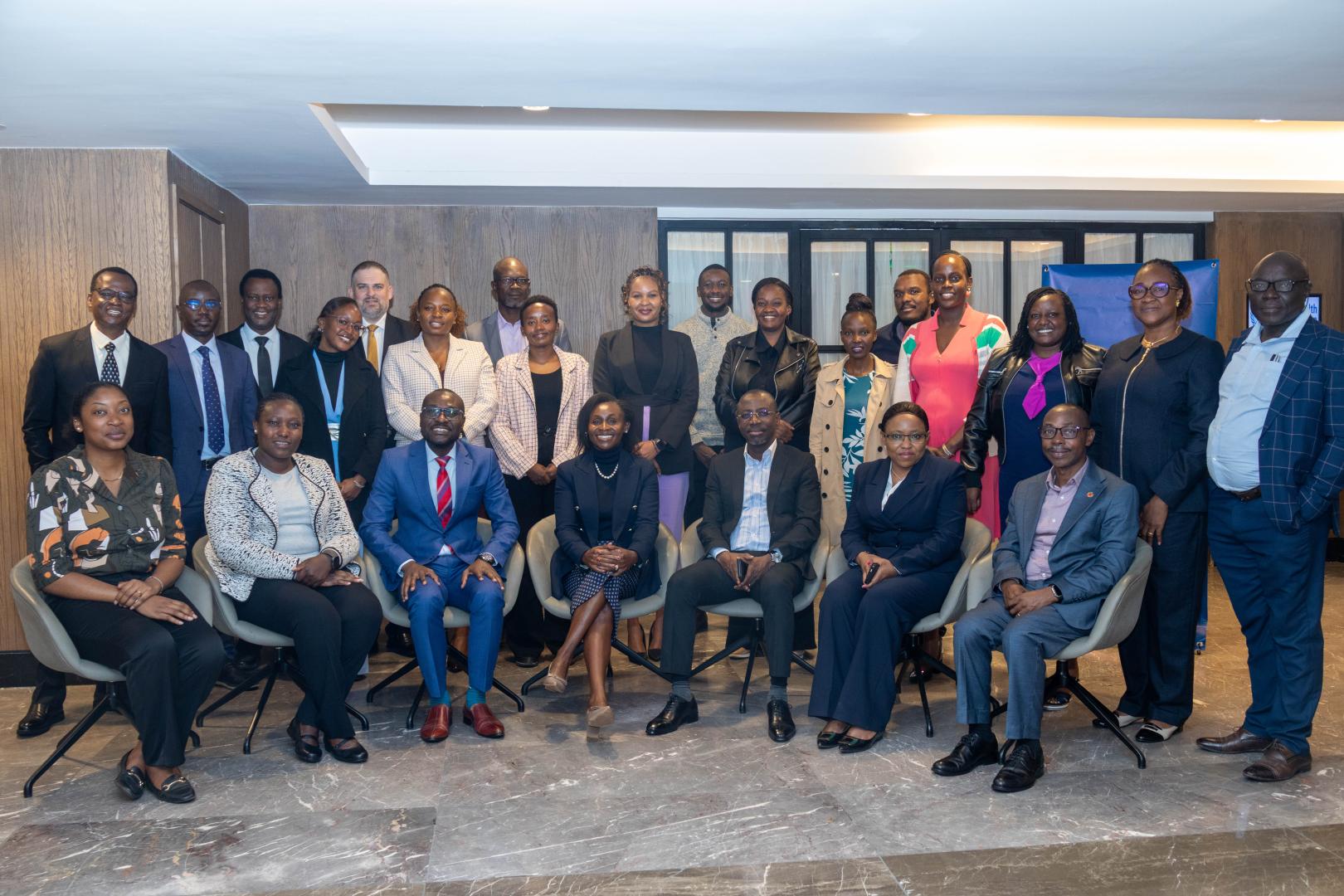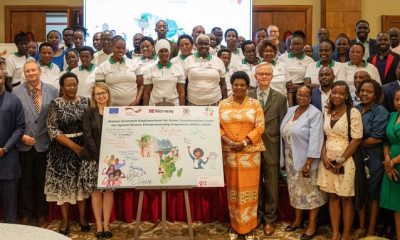Climate Change
Africa Charts Innovative Path to Climate-Resilient Health Systems Amid Rising Climate Threats
As heat waves, floods, and droughts intensify across Africa, the continent’s health systems are being pushed to their limits. In response, governments, innovators, and development partners are collaborating on innovative strategies to protect vulnerable communities from climate-driven health crises.
A two-day regional workshop convened in Nairobi by the World Health Organisation (WHO) Regional Office for Africa and the Africa Enterprise Challenge Fund (AECF) brought together delegates from Benin, Burkina Faso, Uganda, Zimbabwe, and other stakeholders. The workshop focused on co-developing financing solutions for climate-resilient health systems, targeting both short-term emergency response and long-term adaptation.
Dr Jeremiah Mushosho, WHO Africa Regional Team Lead for Climate Change, described the initiative as transformative: “This initiative represents a new frontier in climate and health financing – one that centres resilience, equity, and innovation. By mobilising both public and private capital, and with the strategic guidance of the Adaptation Fund, we can unlock the scale of investment needed to safeguard Africa’s future.”
The effort aims to protect millions of families already feeling the impacts of climate change, from children battling waterborne diseases after floods to farmers facing hunger from prolonged droughts.
Victoria Sabula, CEO of AECF, emphasised the need for partnerships beyond traditional aid: “African communities are already living the impacts of climate change. To protect them, we must go beyond traditional aid and bring in the ingenuity and investment of the private sector. This project is about building solutions that last—and that ordinary families in Africa can rely on.”
Similarly, Gregoire Piller, External Relations Officer at WHO Africa, highlighted cross-sector collaboration as essential: “Climate and health challenges cannot be solved by any one actor alone. This initiative demonstrates the power of partnerships, where governments, international institutions, and the private sector unite around shared priorities. By building bridges across these communities, we are not only fostering trust but also unlocking the financial innovation needed to shield millions of Africans from climate-driven health crises.”
Delegates worked to identify financing tools, validate governance structures, and align the project with national and global climate priorities. Technical guidance from the Adaptation Fund ensures that the initiative is both sustainable and scalable, allowing for broad regional impact.
This effort is among the first regional initiatives to design financing models that blend public and private capital, aiming to strengthen health systems against climate-sensitive diseases, food insecurity, and extreme weather events. By leveraging innovative funding mechanisms, the initiative seeks to empower African nations to anticipate and respond to climate impacts, rather than reacting after crises emerge.
The Nairobi workshop signals a shift in climate and health strategy for Africa. By integrating financial innovation, cross-sector collaboration, and community-focused solutions, governments and partners aim to create resilient, adaptive health systems that protect the most vulnerable populations while promoting long-term development.
As climate threats continue to rise, such initiatives could serve as models for other regions, demonstrating how strategic investment and collaboration can safeguard health and livelihoods in a rapidly changing environment
Comments



























